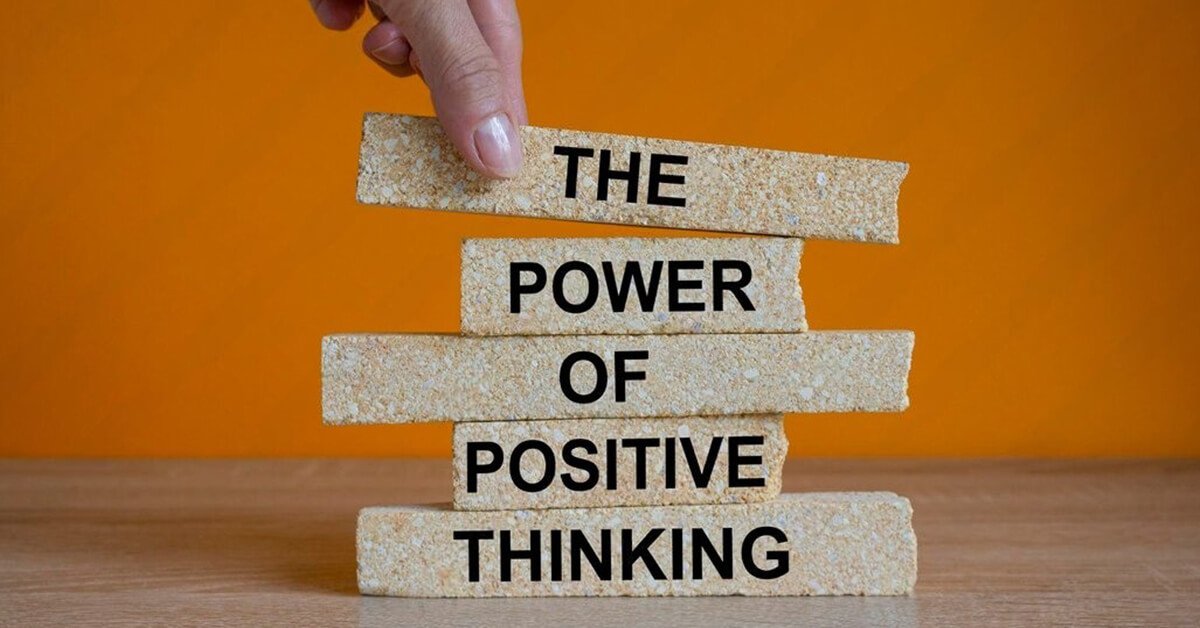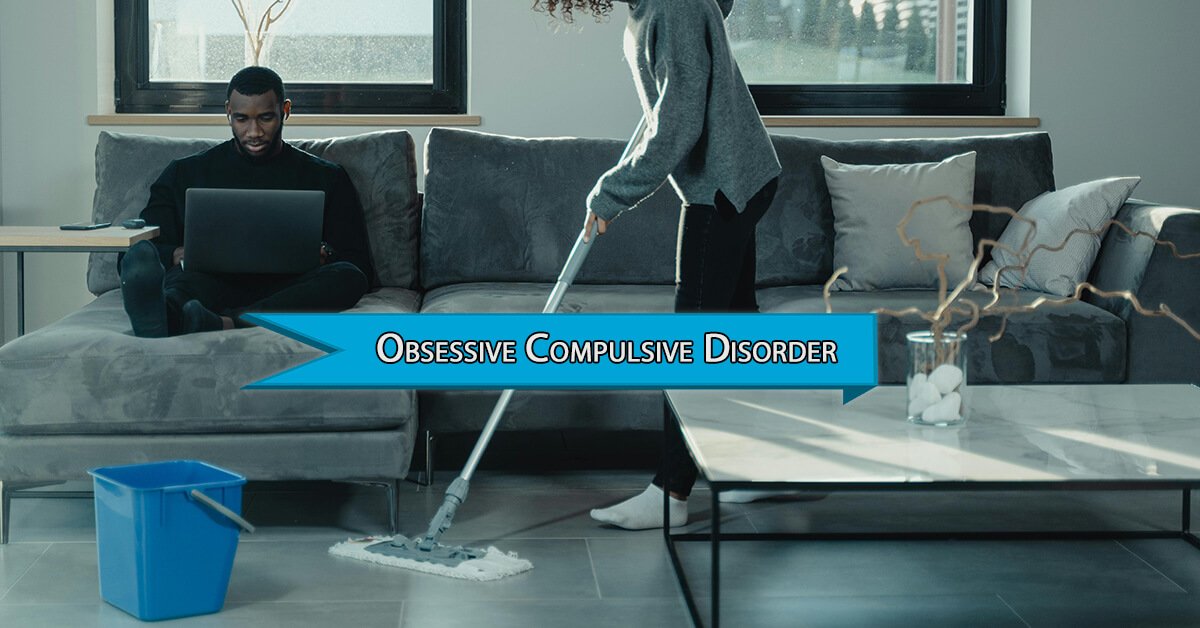Have you ever thought why some get angry over the most minor things, while others stay calm no matter what? Why do some crave attention, while others seem perfectly content in silence? And another, tucked into the background, seemingly at peace in their quiet corner. It makes you wonder why we all do things differently in how we react, connect, and cope? This is due to a fascinating puzzle, which is human behavior.
Human Behavior is not just about moods or manners, it is about everything that shapes us: our past, our genetics, our environment, our emotions. Whether we realize it or not, each of us is slowly piecing it together, trying to understand not just others, but ourselves.
Did you know? What drives us? The answers are not always simple, but we seek to understand this puzzle. In this blog, we will peel back the layers of behavior and, here at Psychoaura, try to uncover what makes us all uniquely human.
It Starts with the Brain
Our command center, our brain direct everything we do. It is not just responsible for movement or memory. The brain plays an essential role in shaping our thoughts, emotions, and behavior. Brain is divided into different parts, and each part performs its function, like the amygdala, which is responsible for controlling emotions like fear and anger, and the prefrontal cortex, which is involved in decision-making and self-control. We feel balanced when these systems work in harmony. But if there is any imbalance due to stress, trauma, or genetics, our behavior shifts dramatically. This is the reason why one person may freeze in anxiety, while another takes impulsive risks.
Our Past Shapes Our Present
Our early experiences, our childhood, have a significant impact on how we behave as adults. Behind many mental and emotional struggles are events that left deep impressions. Someone raised in a safe, loving home often carries confidence and security. But a person exposed to fear, neglect, or instability might battle anxiety, anger, or fear of closeness later in life. Without even realizing it, they shape how we handle criticism, trust others, or deal with stress.
When we understand someone background, then we can deal with them with kindness and understand the reason behind their behavior. And that kind of insight leads to compassion. Often, that compassion is what someone needs most. We can not change our past, but we can make our present and future better.
Emotions are Behind Almost Everything
We like to think we are logical beings. But more often than not, our feelings steer the ship. Most of our decisions, like what we buy, how we speak, and how we react to anything, are driven by emotions, not logic.
Even our small subconscious behaviors, like when we avoid eye contact or fold our arms, can reflect our inner emotions rather than rational thinking. We can open the door to greater empathy when we recognize that emotions drive much of human behavior. It is not always about logic. That perspective changes how we relate to others for the better.
The Power of Personality
Every individual has their unique personality. Some like to be social, while others prefer observing quietly. Some crave novelty, and others seek routine. Personality is more than being introverted or extroverted. In an introvert personality, a person is more observant, shy, less talkative, less socially able, while on the other hand, extroverts are more socially able, talkative, outgoing, and blunt. Every personality has its unique traits.
Sometimes we can notice in the same situation, two people can react differently due to their unique personality makeup. When we are able to recognize this, then it can prevent us from judging others by our standards. It reminds us that different does not mean wrong, it means humans.
Beliefs and Values Guide Behavior
Our behavior is shaped by the impact of the world and what we believe about ourselves. If someone sees the world as threatening, they act more cautiously. If they believe kindness matters, they are more generous and warm. When we understand someone beliefs and values, we get to the root of their actions. It reveals what truly matters to them and what drives them beneath the surface.
Behavior is Communication
Sometimes people communicate through their actions instead of words. Anger may mask pain. Avoidance might signal fear. Loudness could hide insecurity. When someone constantly brags, they might be trying to prove their worth. When someone isolates, it may reflect deep anxiety, not rudeness.
Many people did not know how to say what they genuinely feel, so they show it. When we learn to interpret these unspoken signals, then we can respond to others with kindness, not frustration. If we can understand other behavior with empathy instead of judgment, we offer support exactly where it is needed most.
Social Influence is Greater than You Think
Humans are social creatures. We constantly absorb signals from those around us. We always try to fit in society by adopting culture and beliefs. This does not mean people are being fake. It means we crave connection. Sometimes, to avoid rejection, people adapt to those around them. That is why someone might be playful with friends but distant at work.
Conclusion
Understanding Human Behavior goes beyond labels. It is the curiosity, not judgment. Every person has a unique personality which is shaped by genetics, past experiences, emotions, beliefs, personality traits, and the social world they live in. When we begin to view behavior as a reflection of more profound influences, something shifts. We start to see the reason behind what. Instead of jumping to conclusions, we pause. We listen. We try to understand. And in doing so, our relationship becomes deeper, communication becomes clearer, and emotional well-being improves for everyone involved.
In the end, human behavior is not just a subject to study. It is a mirror that helps us connect, first with others, and ultimately with ourselves.
FAQs
1. How come people respond in unique ways to the same event?
Everyone has a unique personality and their behavior is shaped by a unique combination of brain wiring, past experiences, genetics, and beliefs, which is why two different people may respond differently in the same situation.
2. How can understanding human behavior improve my relationships?
When we came to understand behavior as communication instead of something to judge, we became more empathetic and silent. This understanding helps us build stronger and deeper connections.




